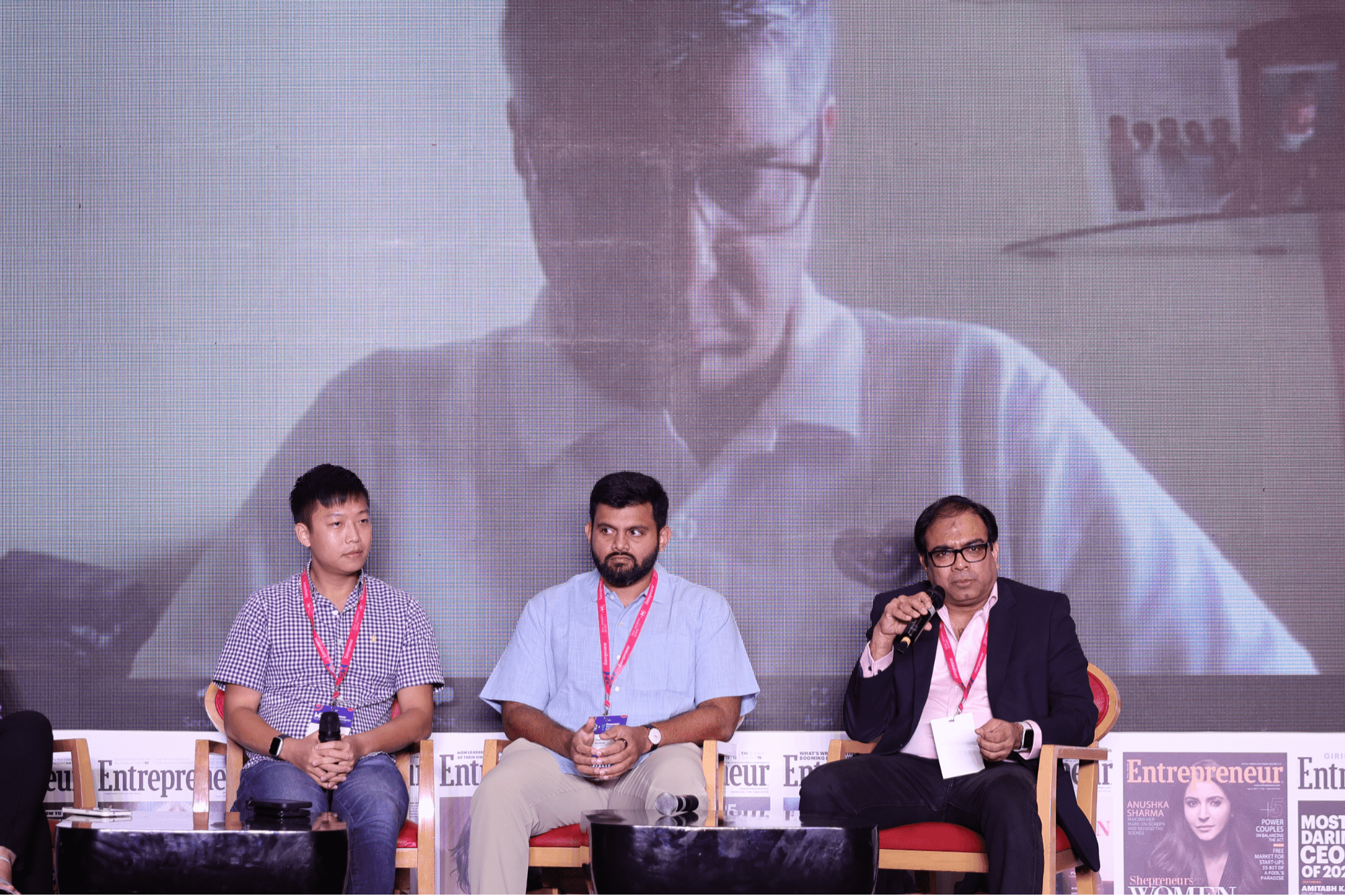You are presently browsing Entrepreneur India, an international franchise of Entrepreneur Media.
Roughly 28% of businesses have selected their initial blockchain provider, while around 42% are still in the exploratory phase of their blockchain journey. Notable companies such as FedEx, Burger King Russia, IBM, Walmart, Microsoft, and Mastercard have already incorporated this technology into their operations.
According to Hashed Emergent’s ‘India’s Web3 Landscape Report 2023’, there is a growing interest among public-private partnerships, large and mid-sized companies, and startups in utilizing blockchain technology to enhance transparency and drive innovation.
The pivotal question emerges: is the adoption of blockchain technology indispensable for businesses? Raghu Mohan, Co-Founder of BuidlersTribe, asserts, “If a company operates at a significant scale and necessitates a high level of trust, requiring validation from multiple parties to authenticate transactions, then exploring blockchain integration becomes essential.”
In alignment with this viewpoint, Tarun Katial, Founder & CEO of coto, stresses the significance of comprehending the reasons behind implementing transparency, decentralization, and shared ownership, both for the business itself and all stakeholders involved.
Jeremy Lim from GFR fund advocates for perceiving blockchain as an empowering technology to tackle inefficiencies in traditional business models. He advises businesses to assess whether blockchain can optimize their operations before venturing into Web3 technology.
Leading industries in blockchain adoption encompass life sciences, government, banking, and manufacturing. Dr. Amit Raj of Plexus MedCare envisions blockchain as a catalyzing force in medical practices, albeit with a gradual adoption trajectory. Use cases in healthcare span supply chain transparency, patient-centric electronic health records, medical staff credential verification, and smart contract-enabled insurance and supply chain settlements.
Dr. Raj elucidates the potential impact by portraying a scenario in a remote village where a surgeon encounters a complex procedure without immediate guidance, underscoring blockchain’s role in offering solutions.
By 2030, the blockchain technology market is forecasted to surge to a substantial value of USD 137.8 billion.
Looking forward, Jeremy Lim envisions a thriving industry where the distinctions between Web3 and Web 2 technologies become irrelevant, signaling a seamless integration of blockchain into mainstream operations.

